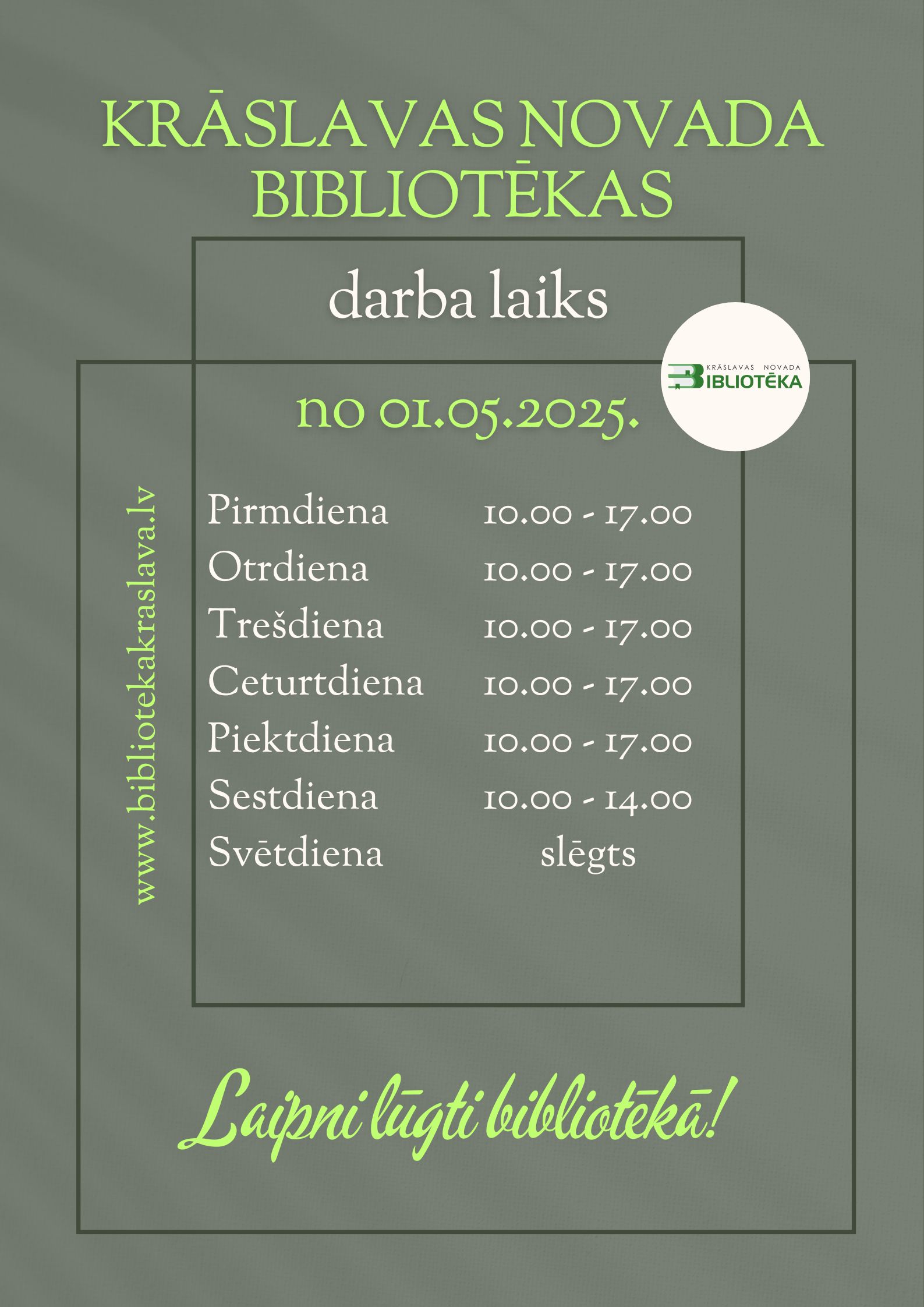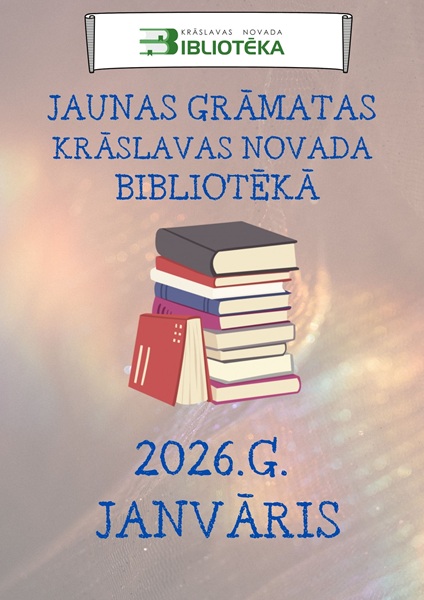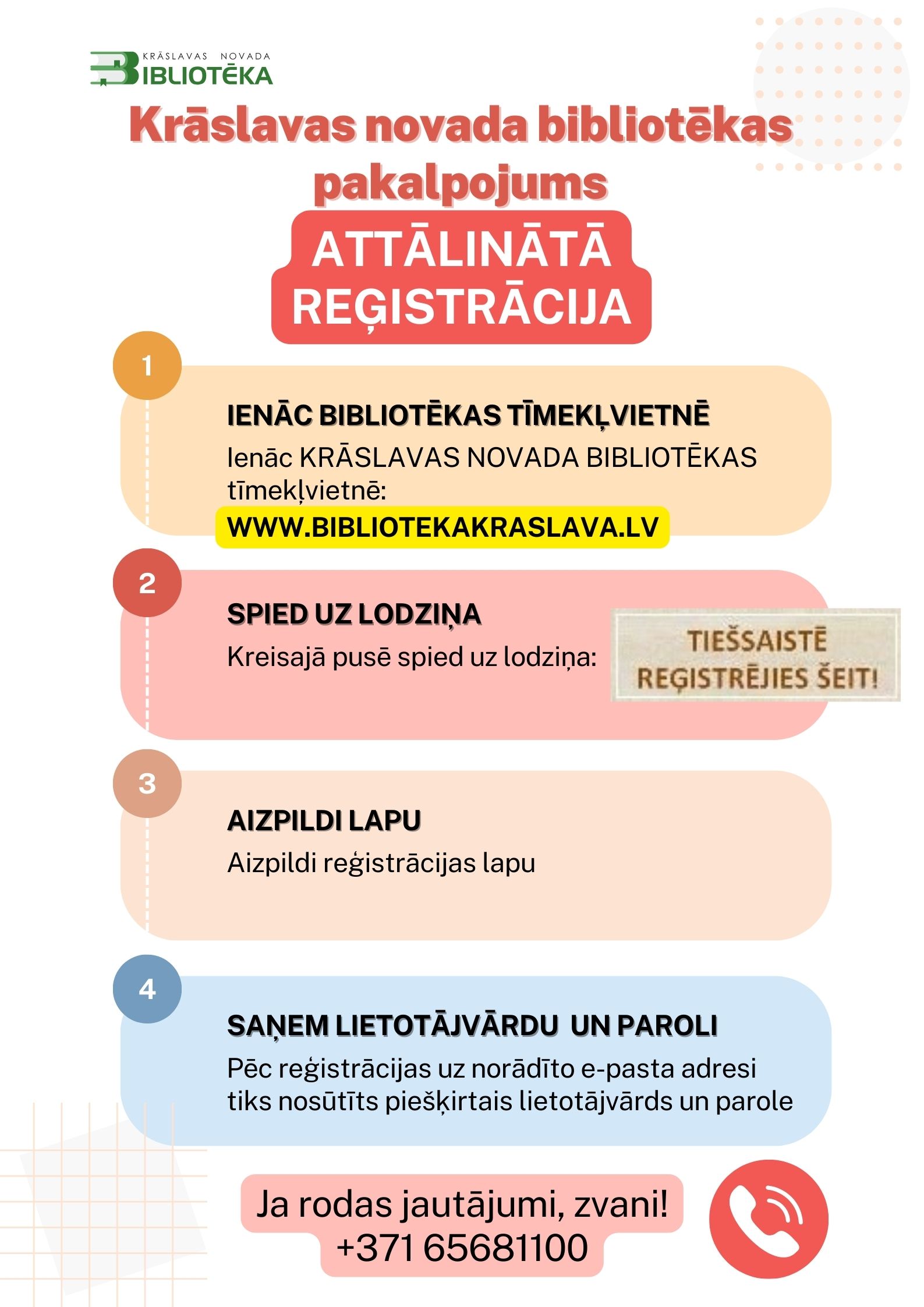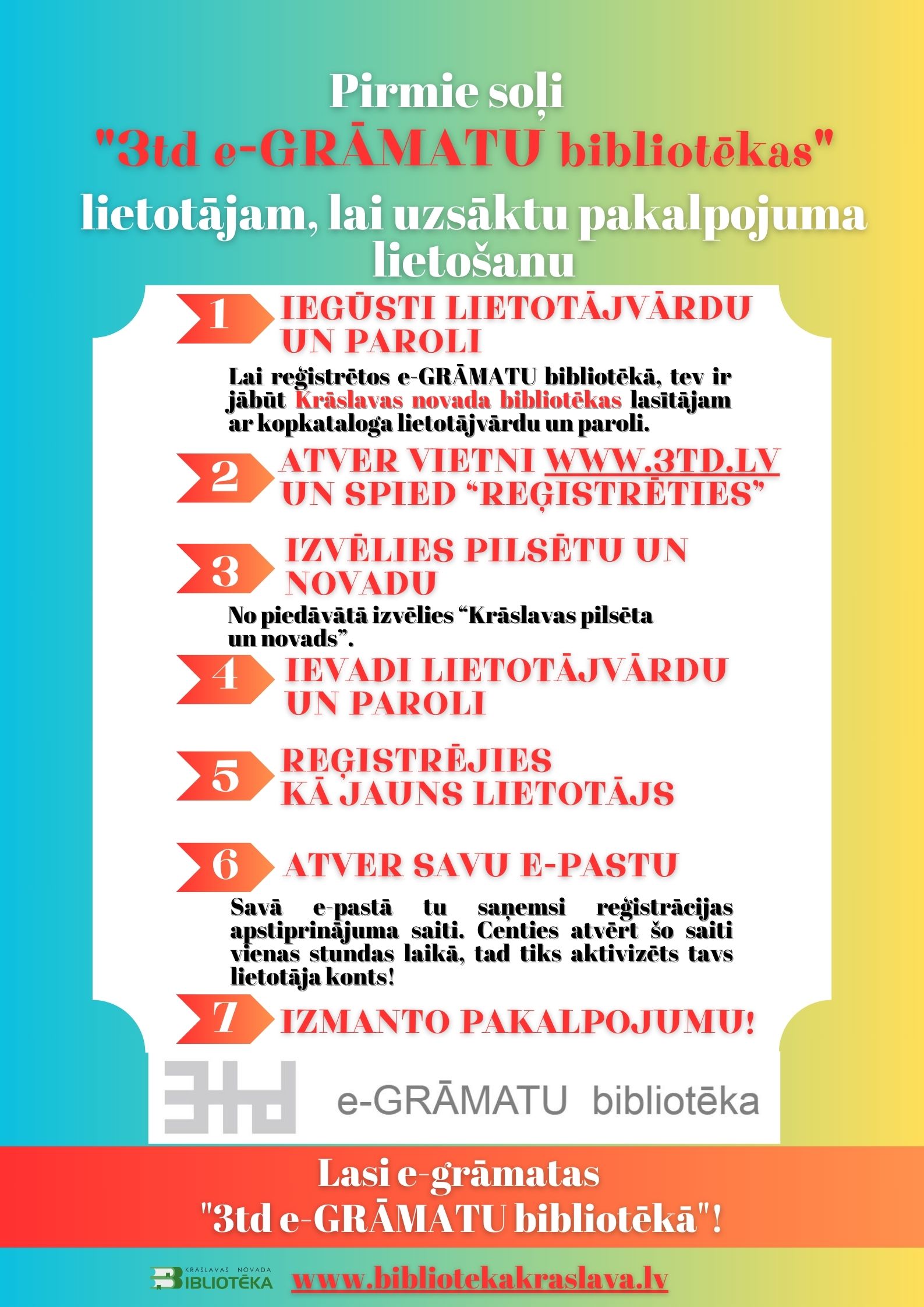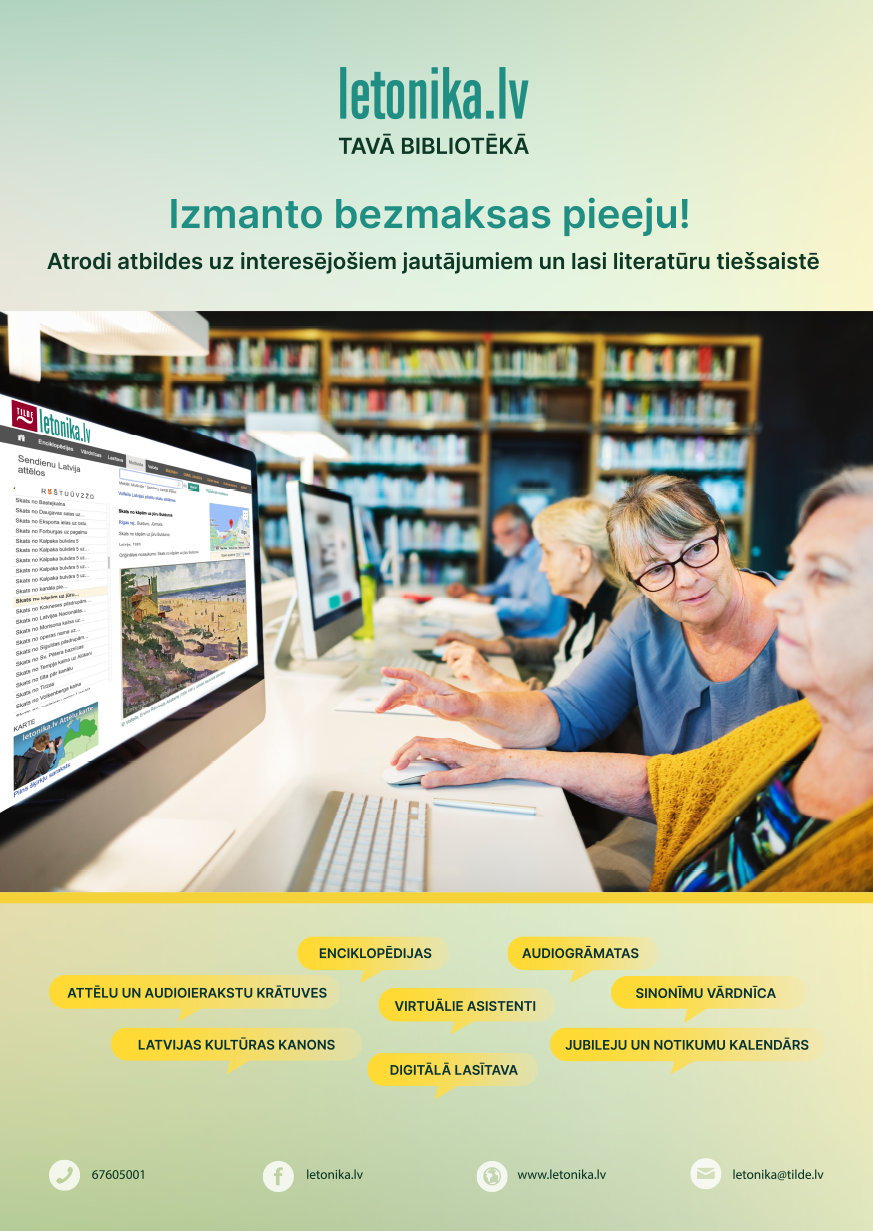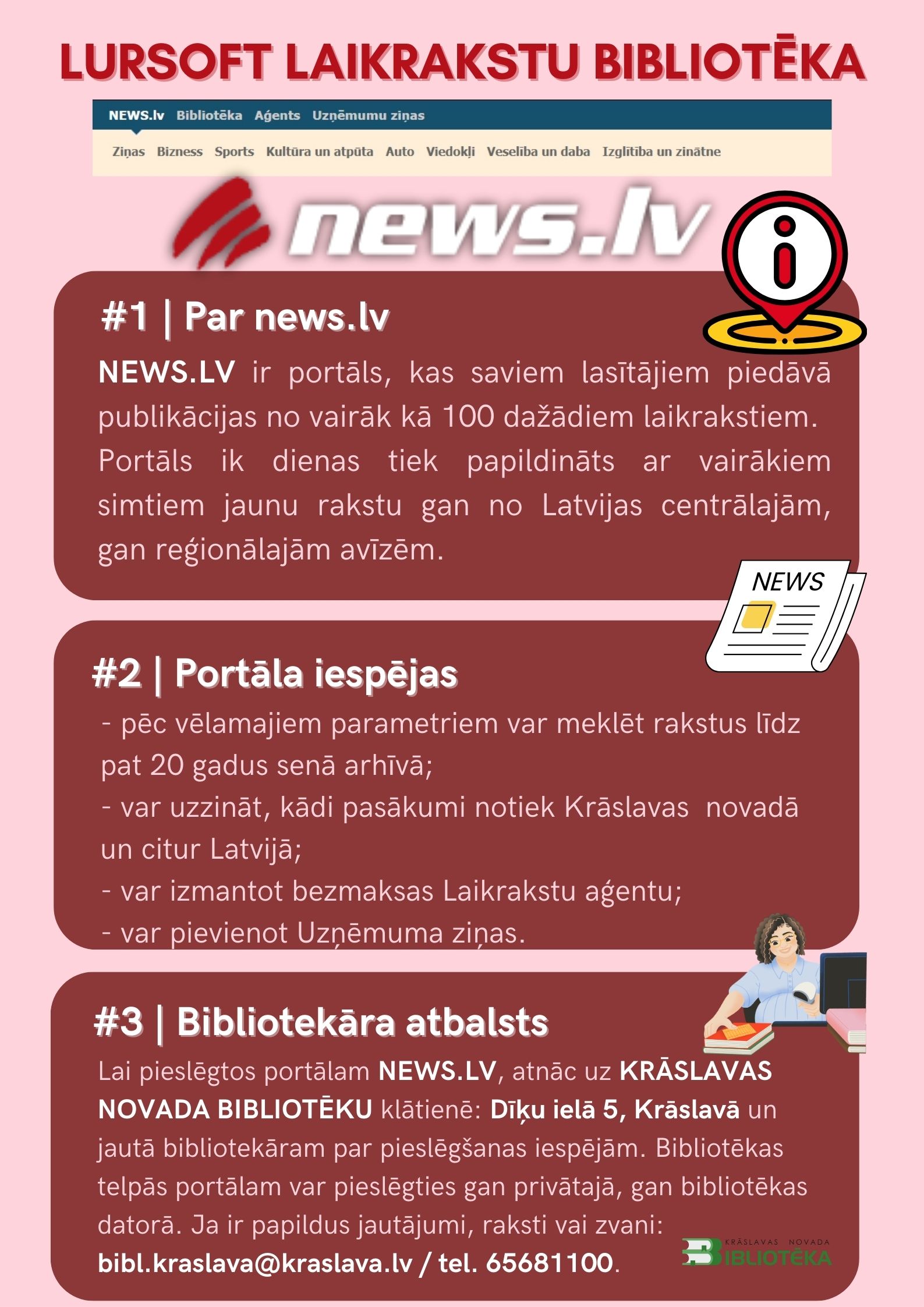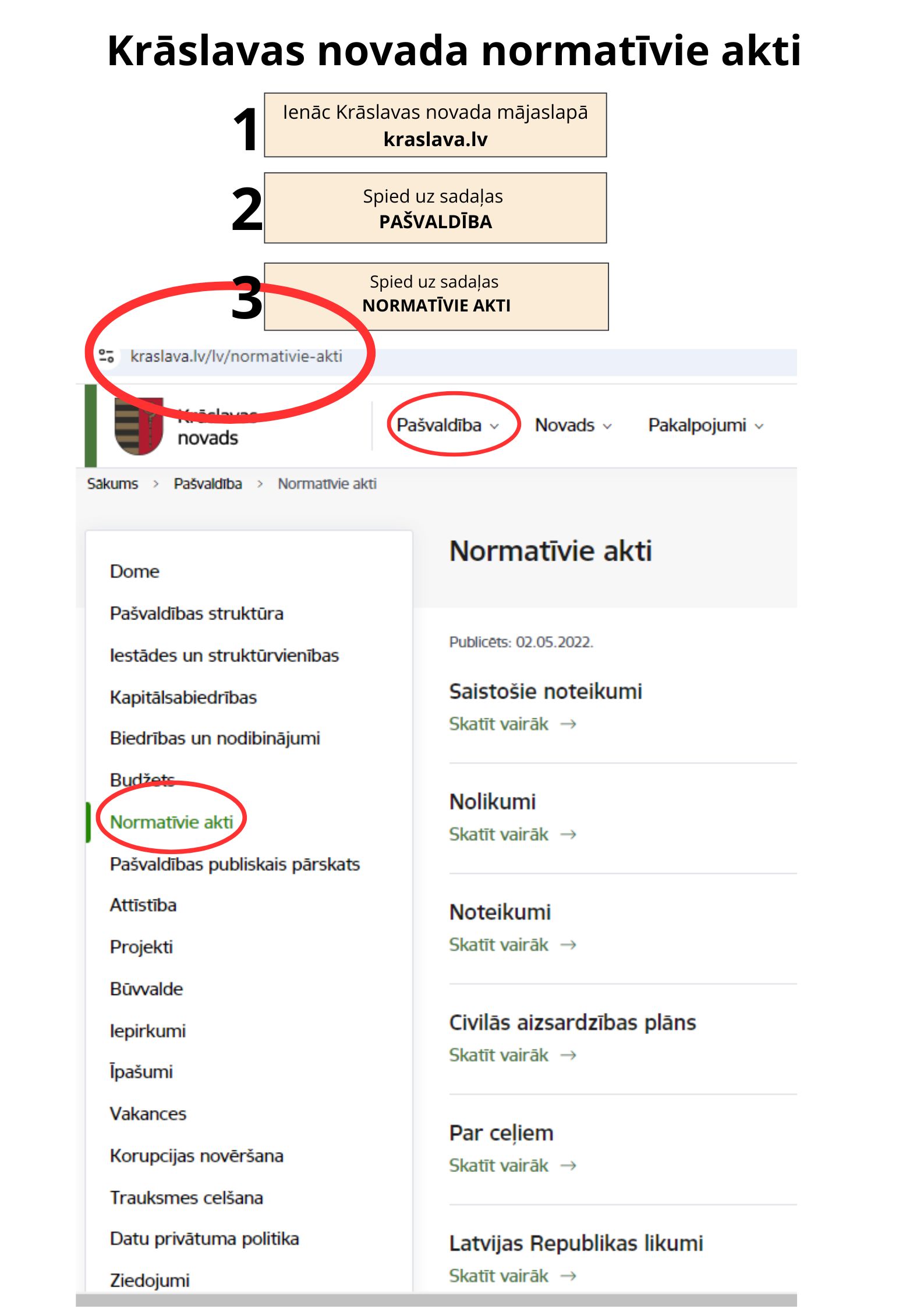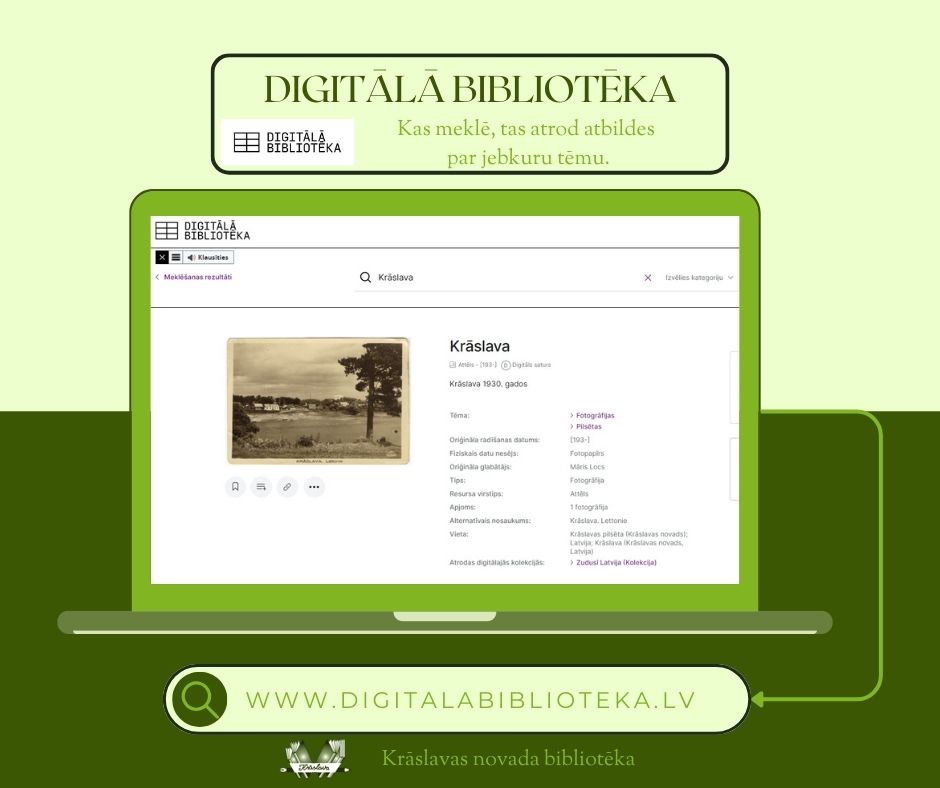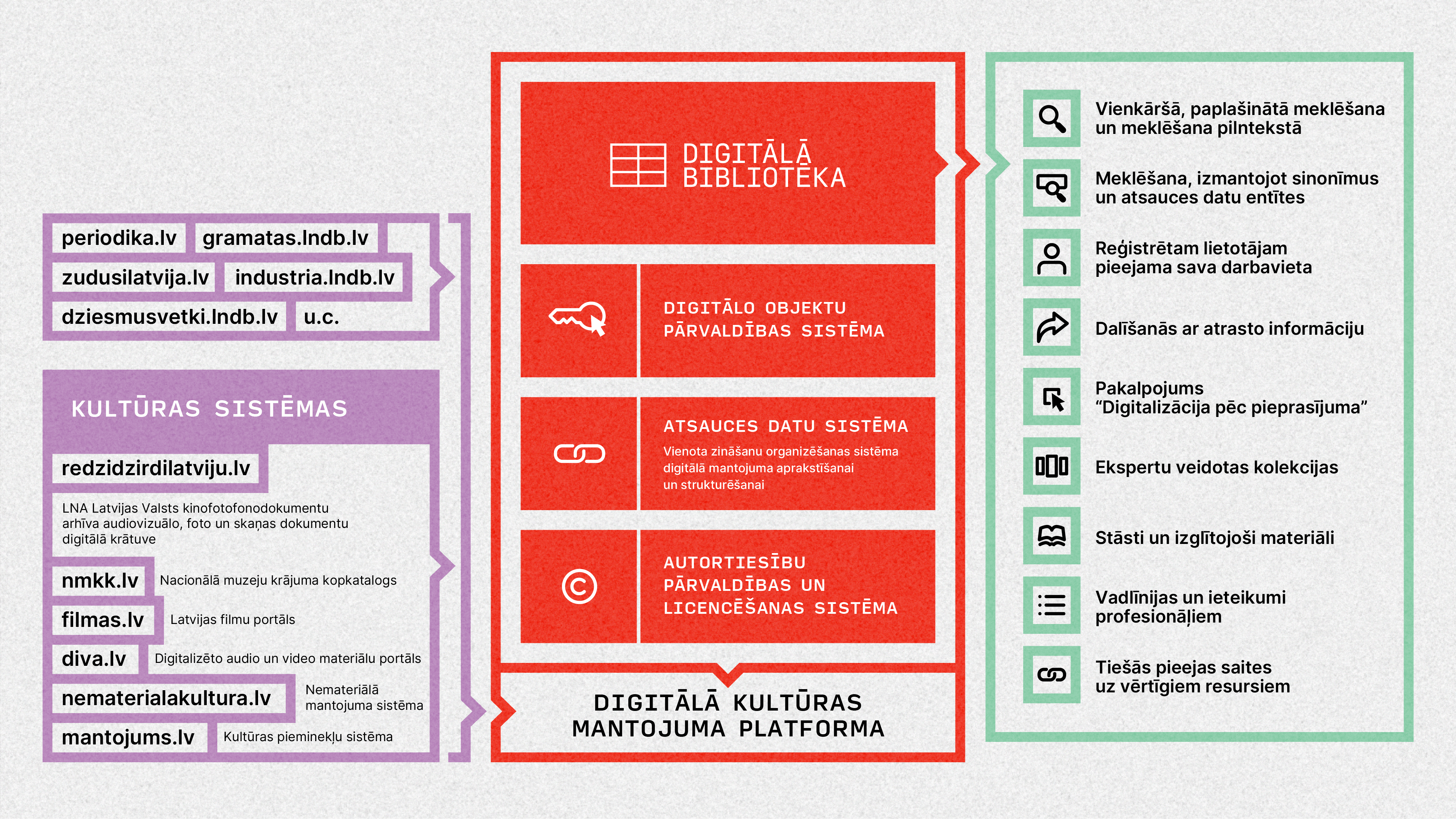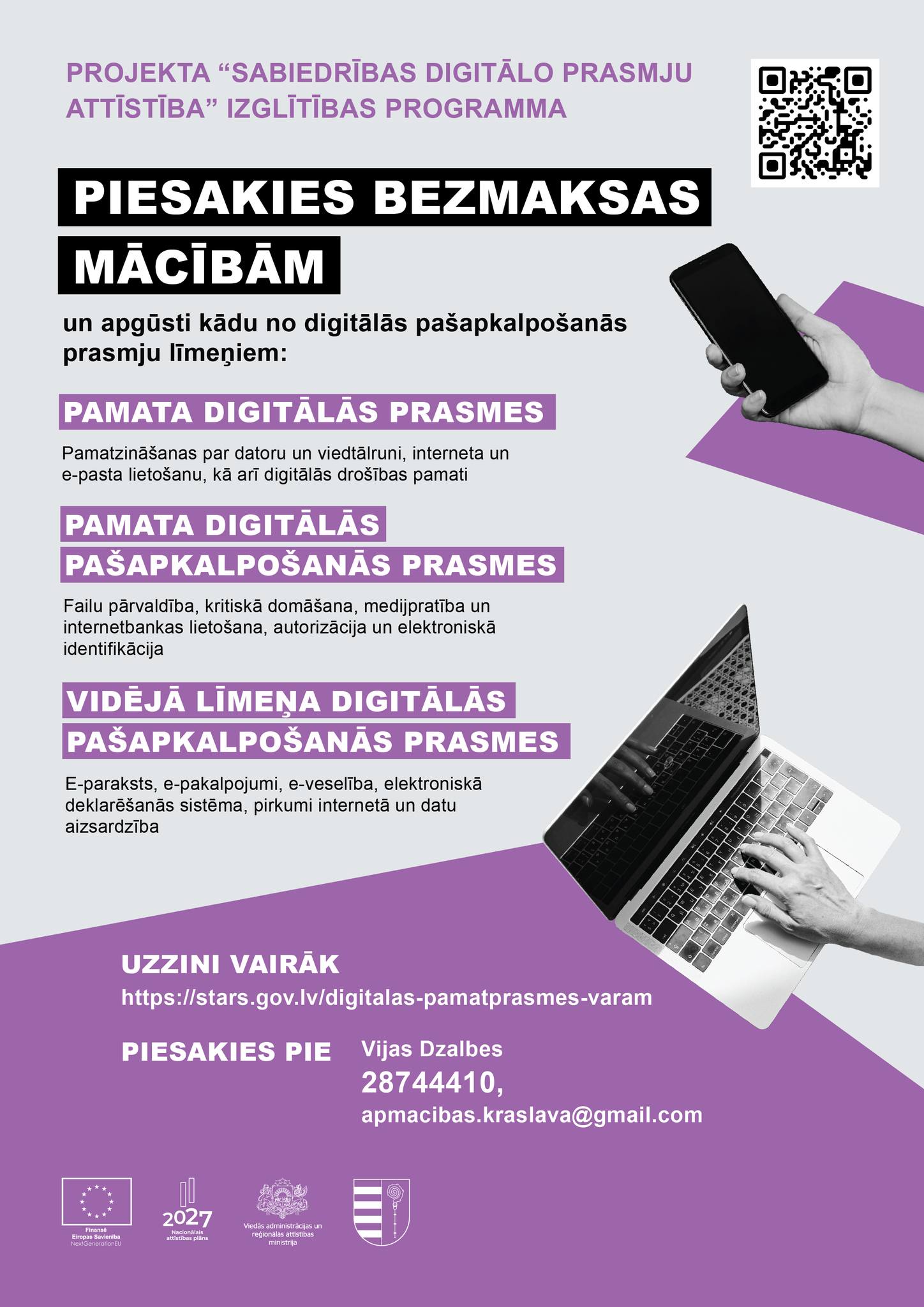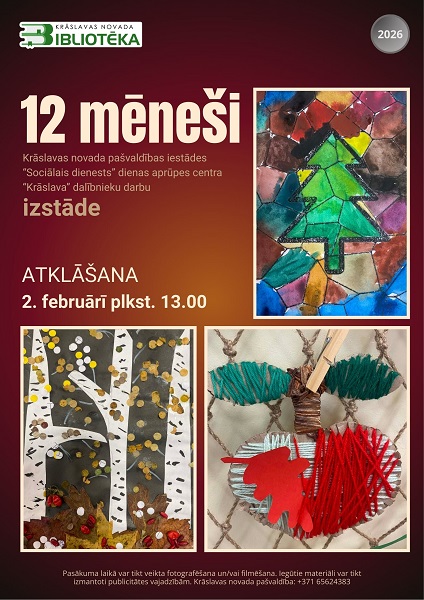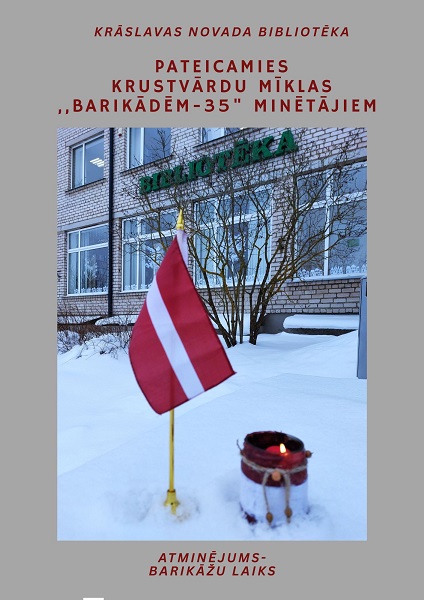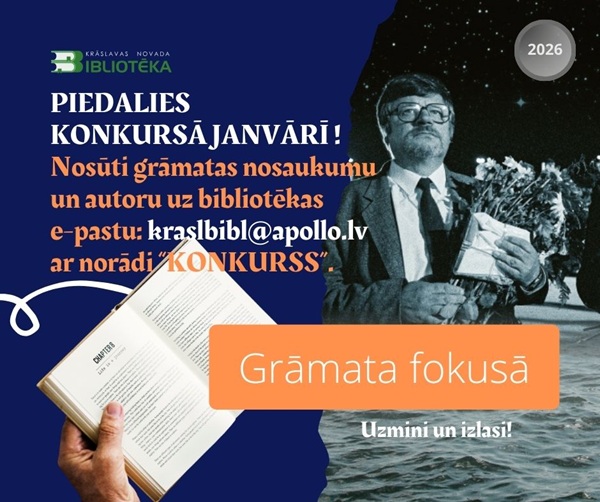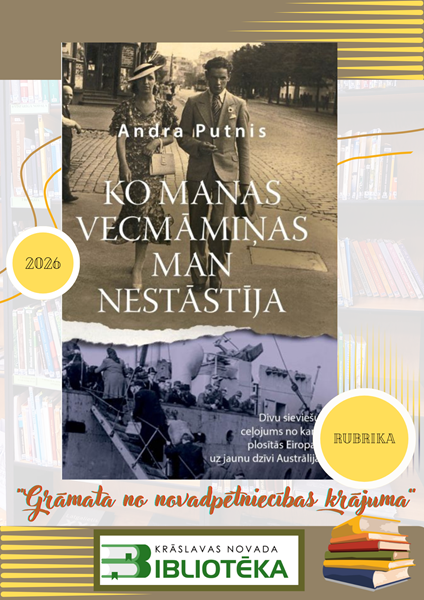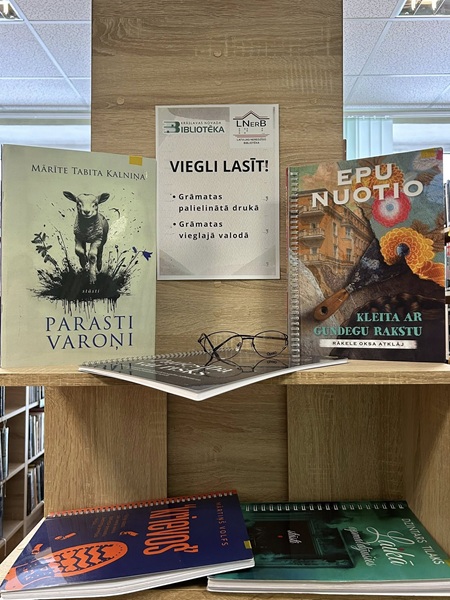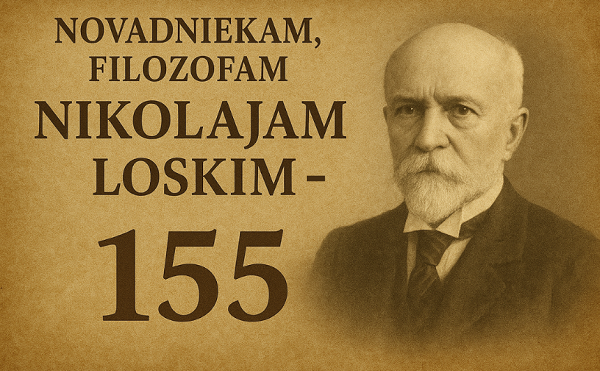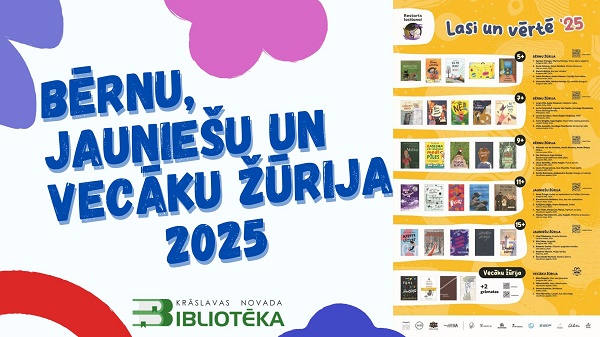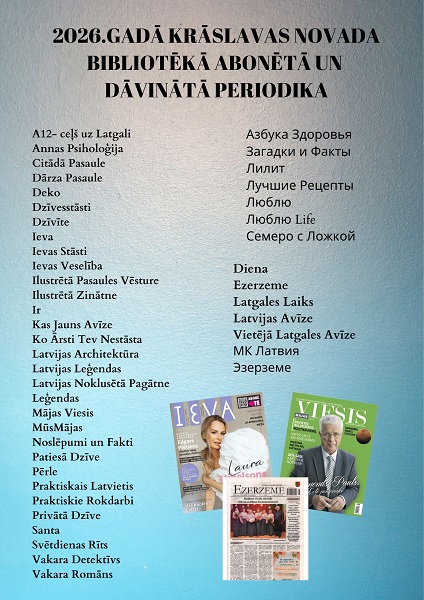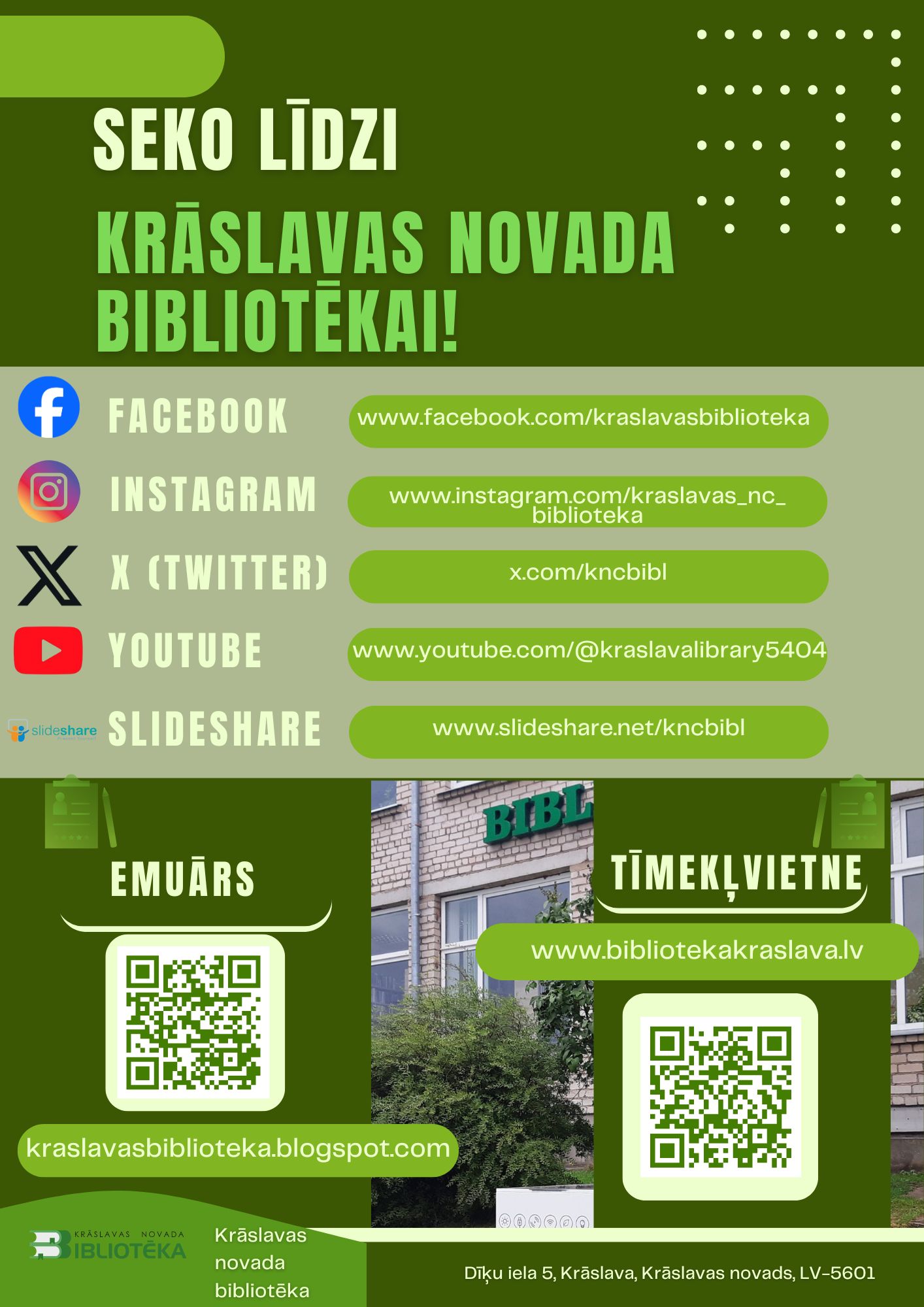Itālijas sadarbības partneru piedāvājumu piedalīties Erasmus + programmā
Apskatīt komentārus (0)
02.02.2015
Itālijas sadarbības partneru piedāvājumu piedalīties Erasmus + programmā. Projekta mērķa grupa-jaunieši ar īpašām vajadzībām. Potenciālajiem partneriem jāatsaucas līdz 04/02/2015 vai līdz 31/03/2015. Tā kā piedāvājums tiek sūtīts uz visām ES valstīm, jāatbild ir ļoti ātri, rakstot prof. Virginia Ravaioli uz e-pastu:info@italytrames.eu vai skype: “studiocoge”
Sīkāka informācija (angļu val.):
| Call for proposal Deadline for EOI Deadline | ERASMUS +
30/01/2015 04/02/2015 or 31/03/2015 |
| Partners involved | Spain. UK, Portugal |
| Searched partners | Public Body, no profit Organization, other organizations with European Cooperation experiences |
| Project objectives | One project on awareness about the situation of young people with a label of “special needs” which is still at a very mixed level in many different EU (& worldwide) populations & societies. The term “special needs” describes a variety of situations that affect young people, which can include the following: having one or more impairments EG visual or auditory; being disabled (EG physically or learning disabled & Traumatic Brain Injury (TBI); having mental health issues (EG depression or schizophrenia); temporary disorders caused by stress – EG Repetitive Strain Injury (RSI) & Traumatic Stress Disorder (TSD) & other too – EG Cerebral Palsy (CP) & Autistic Spectrum Disorder (ASD) & Attention Deficit Hyperactive Disorder (ADHD) having low incomes or no incomes; being asylum seekers and or immigrants new to the EU (& those already established too); having little or no access to formal education (& often informal education as well) due to family situation, social exclusion, specific special needs, historical factors, gender issues, etc. Project that will also focus on: Remedying the social inclusion of - Arranging the adequate provision of support & resources for - Encouraging and supporting the full engagement & the participation of - - Learners & young people with special needs, who are often a marginalized & disadvantaged group. Many ways of being (& some less than usual behaviors) which young with special needs may have, are often treated negatively by others in the general population. This is usually caused by a lack of knowledge, empathy & understanding of youngsters with special needs. This lack of awareness causes a wide range of discrimination: EG in people’s actions, behaviour & attitude towards those who have special needs, often based on prejudice, which also blocks much constructive communication. |
| Contact details: | Prof. Virginia Ravaioli skype “studiocoge” |
Atpakaļ




















